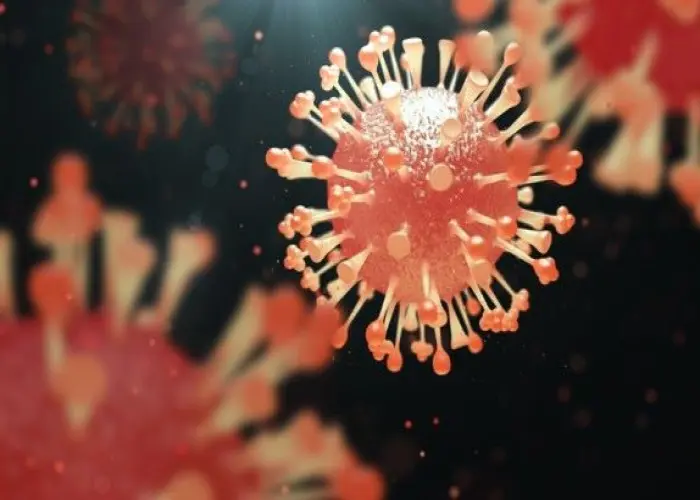 Welcome
Welcome
“May all be happy, may all be healed, may all be at peace and may no one ever suffer."
Bronchi - Diseases
The bronchi are the large air passages that branch off from the trachea, or windpipe, and lead to the lungs. There are two main bronchi, one leading to each lung, which further branch into smaller bronchioles within the lungs.
The bronchi are lined with cilia and mucus-producing cells, which help to trap and remove particles, dust, and other debris that may be present in the air we breathe. The walls of the bronchi are also surrounded by smooth muscle, which allows them to contract and relax to regulate the flow of air into and out of the lungs.
Diseases and conditions that can affect the bronchi include bronchitis, asthma, chronic obstructive pulmonary disease (COPD), and lung cancer. Treatment for bronchial disorders may involve medications, inhalers, breathing exercises, or other specialized therapies, depending on the underlying cause and severity of the condition. Preventive measures, such as avoiding tobacco smoke and other environmental irritants, can also help to reduce the risk of bronchial disorders.

Taste buds Tongue

Skin
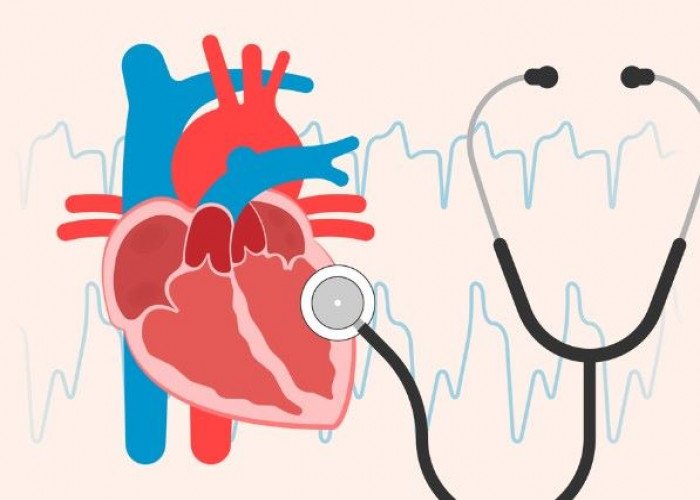
Patent Foramen Ovale

Artery
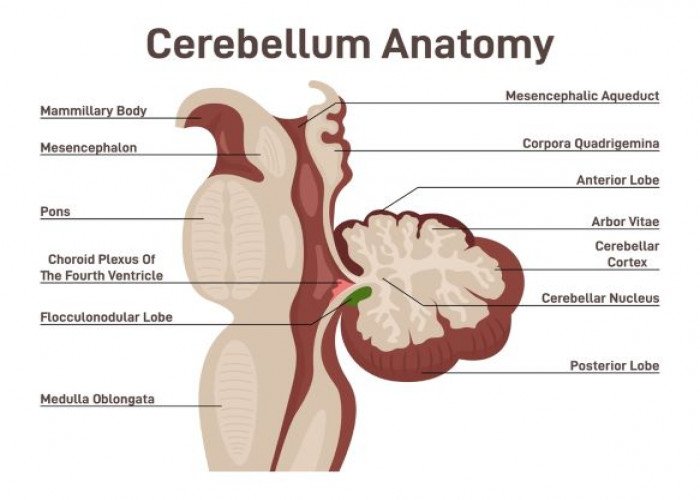
Cerebellum
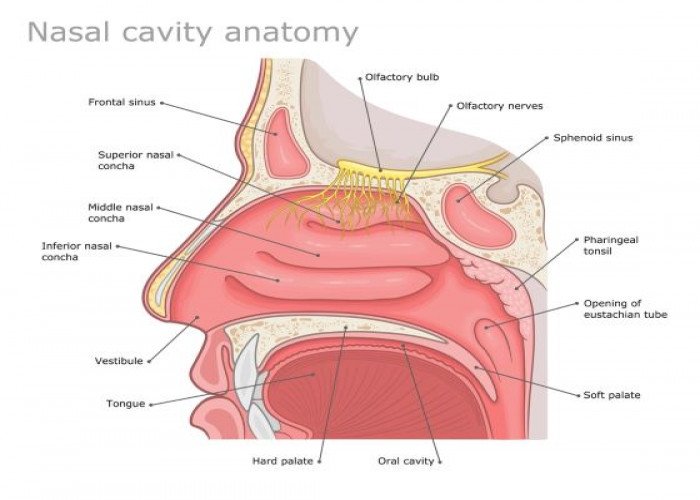
Nasal cavity
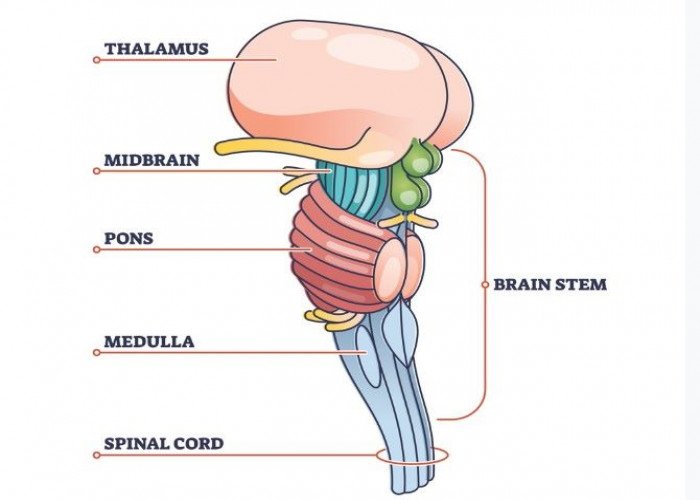
Pons Brainstem

Cochlea Inner ear
Bronchi, Chronic bronchi, ব্রোঞ্চি
To be happy, beautiful, healthy, wealthy, hale and long-lived stay with DM3S.
